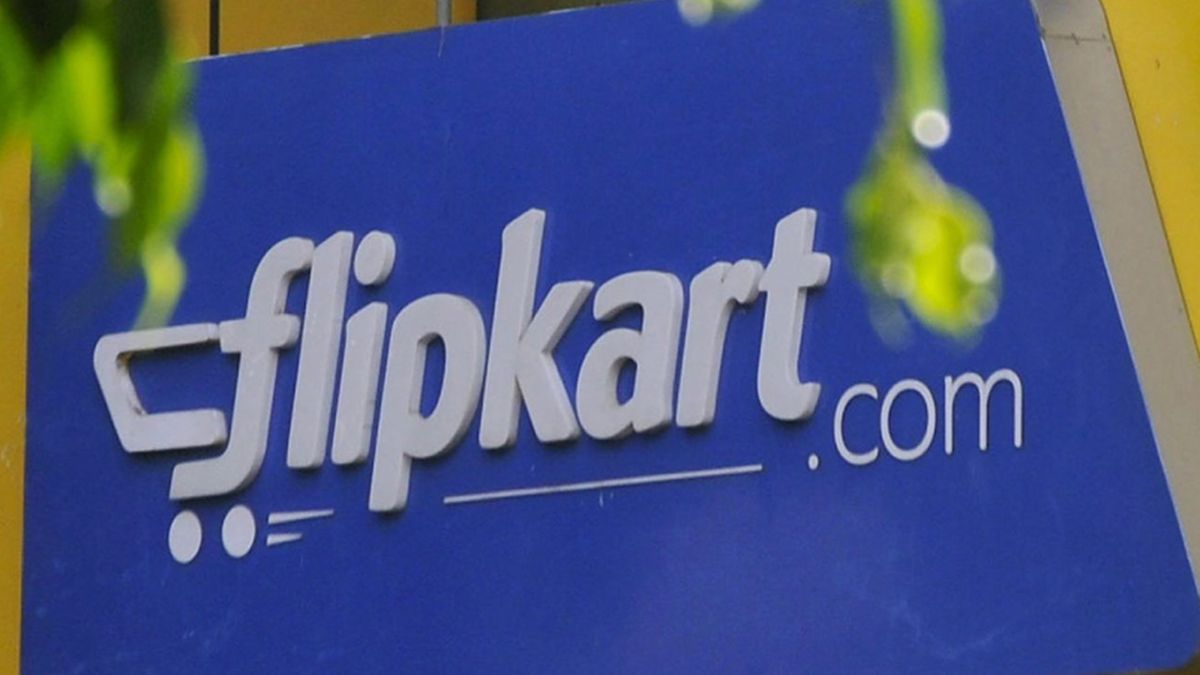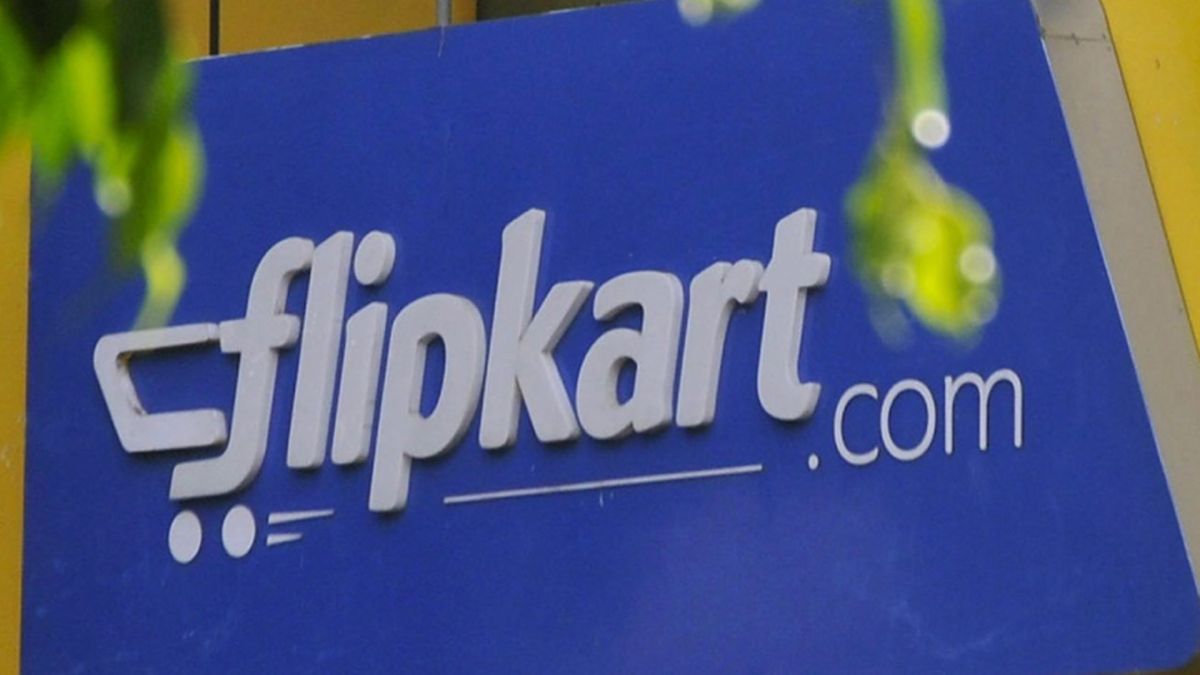
Flipkart’s Farmermart, the e-commerce outlet’s ambitious plan to operate a full-fledged food retail business, including its own private label, a grocery supply chain and even open stores, has run into trouble.
The Department for Promotion of Industry and Internal Trade (DPIIT) has rejected the e-tailer’s proposal to sell food products through online and mobile platforms.
Flipkart had planned to set up Flipkart Farmermart Pvt to deepen its penetration in the food retail space, take on Amazon, and run a farm-to-fork operation.
Amazon, as it happened, secured its food retail licence in July 2017, and has since been investing to build its grocery business. In 2017 itself, another online grocer Grofers too got the nod to retail food products in India.
Hits a Roadblock
Flipkart had sought the government nod for Flipkart Farmermart in March this year. According to reports, Flipkart had got its own board approval to invest Rs 2,500 crore to expand its operations in the grocery business.
But, at least for the time being, all the plans look nixed.
Flipkart, though, has put out a typical corporate statement.
“We are evaluating the department’s response and intend to re-apply as we look to continue making a significant impact on small businesses and communities in India,” the company said in its statement.
“At Flipkart, we believe that technology and innovation driven marketplace can add significant value to our country’s farmers and food processing sector by bringing value chain efficiency and transparency. This will further aid boosting farmers’ income and transform Indian agriculture,” the statement added.
But why?
When Amazon is running a similar business, why is Flipkart’s proposal rejected?
The government has not been really been specific in its response.
The Department for Promotion of Industry and Internal Trade (DPIIT), which falls under the commerce ministry, has cited ‘regulatory issues’, which is too vague and gives room to a lot of speculation.
There is one theory that since Flipkart wanted to integrate the food retail unit into its e-commerce platform, which seems to be a violation of this government rule.
The rules mandate e-com marketplaces cannot hold inventory or have ownership over goods sold on their platforms.
Such a rule is in place to ensure that the e-commerce outlets do not turn into inventory-based models and remain a platform, where third-party sellers directly engage with buyers.
India has historically been wary of allowing FDI in retail business for variuous reasons, including political with a lot of voices clamouring for supporting the local traders.
It may be recalled that Amazon’s food unit, Amazon Retail India was granted permission in 2019 to continue selling on its e-commerce platform after de-linking its warehouses and supply chains.
But the denial of licence to Flipkart should also worry Amazon, as there is room to believe that the government is rethinking its special rules for food retail.
TIGHTENING THE NOOSE- Govt rejects Flipkart’s plan to enter food retail Kudos @PiyushGoyal https://t.co/fdMuZLhW87June 1, 2020
Is the umpire a player, too?
Also, this is where things get interesting if you factor in the development that Jio Mart has been launched in 200 cities across India last week.
Jio Mart is in direct competition to Amazon e-grocery business and also Flipkart’s planned Farmermart.
Jio Mart, of course, need not contend with the FDI rules as it is a domestic player.
Also, interestingly and intriguingly, there is another player waiting to enter the market: BharatEMarket.
This is a national e-commerce marketplace to be run by Confederation of All India Traders (CAIT) — basically, a body of Indian traders who have been crying hoarse over the arrival of foreign players in Indian retail.
As per this report, this service, as a pilot program, is already available in six cities — Prayagraj, Gorakhpur, Varanasi, Lucknow, Kanpur and Bengaluru.
Most importantly, this BharatEMarket is being launched in collaboration with DPIIT, which of course is the government body that has now rejected Flipkart’s proposal.
Now, draw your own conlcusions.
